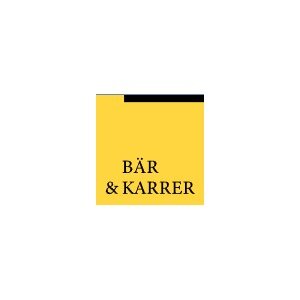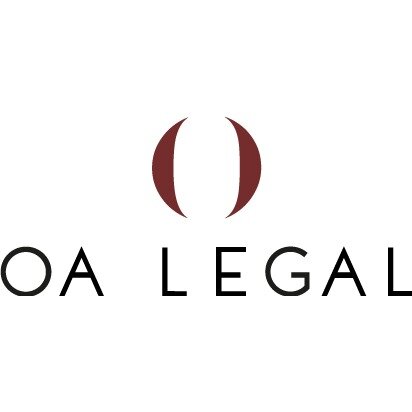Best New Business Formation Lawyers in Geneva
Share your needs with us, get contacted by law firms.
Free. Takes 2 min.
List of the best lawyers in Geneva, Switzerland
About New Business Formation Law in Geneva, Switzerland
In Geneva, the process of starting a new business is clearly defined and streamlined to maintain the city's attractive business environment. Certain legal aspects are required to establish and run a company, including business registration, licensing, taxes, and ongoing reporting obligations. Switzerland has a federal system, so the specific regulations may vary from one canton to another. For a successful business formation, it's necessary to understand the specific provisions and requirements in accordance with Swiss law.
Why You May Need a Lawyer
Forming a new business can be a complex process. You may need legal advice to correctly choose your business structure, understand taxation and licensing requirements, protect your intellectual property, negotiate contracts, and comply with labor laws. A lawyer experienced in new business formation can be crucial in avoiding mistakes and ensuring legal compliance right from the start. This reduces the potential of future disputes or complications that might disrupt your operations or lead to costly legal procedures.
Local Laws Overview
In Geneva, new businesses are regulated under Swiss Code of Obligations and several other specific laws depending on the type of business. The federal laws determine the type of legal entity you can form, tax obligations, accounting regulations, and labor laws. Meanwhile, the cantonal and municipal laws provide additional regulations on trade licenses, commercial zoning, local taxes, and the like. A critical understanding of these laws is essential for a safe business operation in Geneva.
Frequently Asked Questions
1. How can I register a new business in Geneva?
To start a business, you must first choose a business structure, then register the business in the Commercial Register. The process may vary depending on the chosen business structure.
2. What are some common business structures in Switzerland?
Common business types are sole proprietorship, general partnership, limited partnership, limited liability company (LLC), Corporation (AG) and public limited company (SA).
3. What are the obligations for a foreigner forming a new business in Geneva?
Foreigners can form a new business in Geneva but must meet certain conditions specific to their immigration status. It is generally required that you have a Swiss resident status or hold legal permission to work in Switzerland.
4. How is a new business taxed in Geneva?
Both federal and cantonal taxes apply to businesses in Geneva. The tax requirements also vary depending on the business structure. Legal advisory is recommended for understanding your precise obligations.
5. What possible pitfalls should I consider when starting a new business in Geneva?
One should be careful about choosing the right business structure, compliance with tax laws, understanding of labor laws, and getting the necessary permits and licenses.
Additional Resources
You may seek help from local government bodies such as the Geneva Economic Development Office (OPEGIE) or the Federal Department of Economic Affairs. They provide comprehensive information and guidance for new businesses. Other resources can be legal advisory firms or organizations like the Chamber of Commerce, Industry, and Services of Geneva (CCIG).
Next Steps
If you require legal advice or assistance in new business formation, it is advisable to consult with an experienced lawyer or firm specializing in business law in Switzerland. They can guide you through the process, clarify your doubts and ensure you comply with the relevant laws and regulations, dealing with the local, cantonal, and federal authorities on your behalf.
Lawzana helps you find the best lawyers and law firms in Geneva through a curated and pre-screened list of qualified legal professionals. Our platform offers rankings and detailed profiles of attorneys and law firms, allowing you to compare based on practice areas, including New Business Formation, experience, and client feedback.
Each profile includes a description of the firm's areas of practice, client reviews, team members and partners, year of establishment, spoken languages, office locations, contact information, social media presence, and any published articles or resources. Most firms on our platform speak English and are experienced in both local and international legal matters.
Get a quote from top-rated law firms in Geneva, Switzerland — quickly, securely, and without unnecessary hassle.
Disclaimer:
The information provided on this page is for general informational purposes only and does not constitute legal advice. While we strive to ensure the accuracy and relevance of the content, legal information may change over time, and interpretations of the law can vary. You should always consult with a qualified legal professional for advice specific to your situation.
We disclaim all liability for actions taken or not taken based on the content of this page. If you believe any information is incorrect or outdated, please contact us, and we will review and update it where appropriate.

















